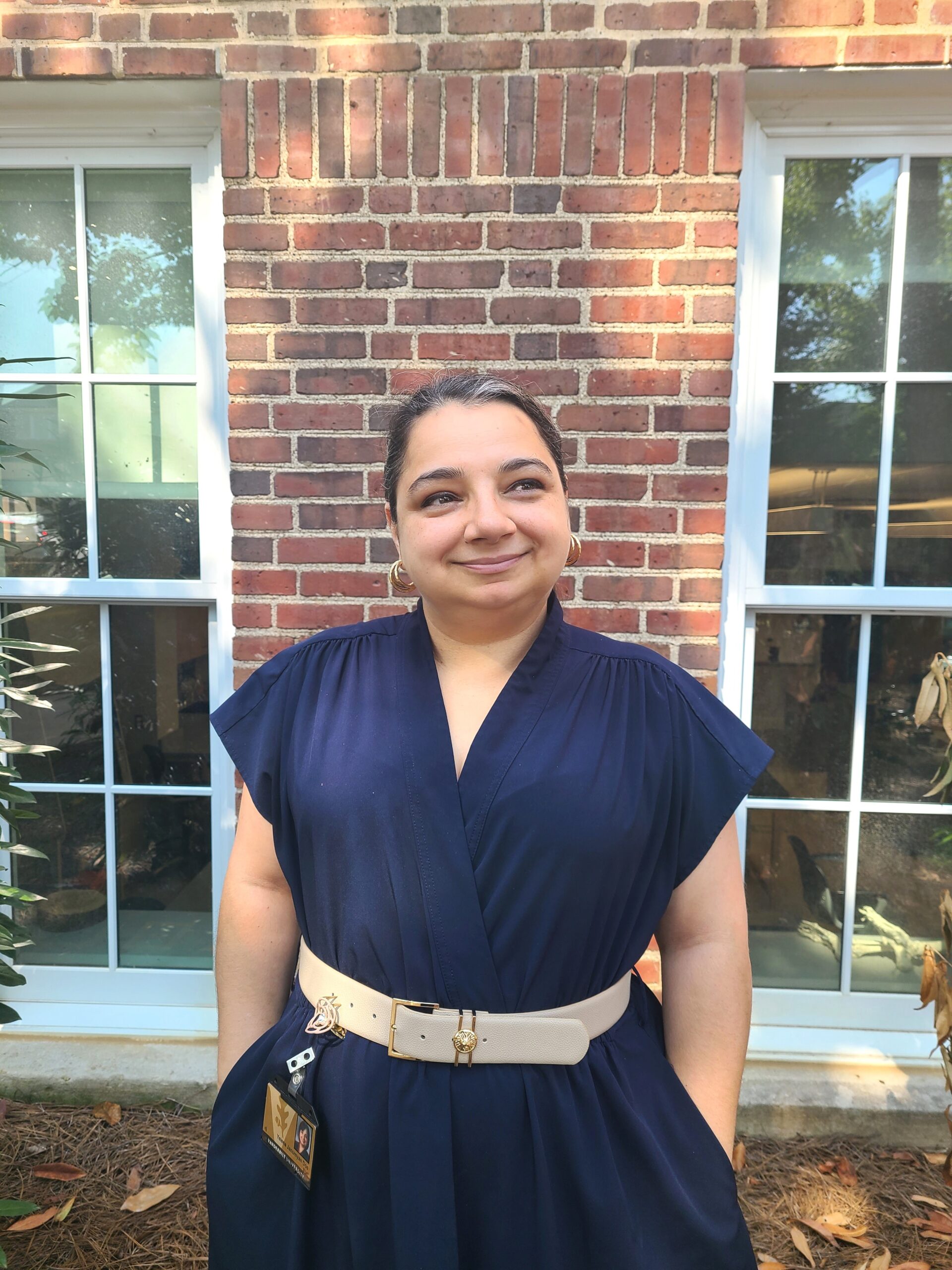Written by Yelena Doe, Ph.D.
 The balmy morning air of September 1st, 1988 carried the scent of freshly sharpened pencils and anticipation as I stood in my school’s courtyard amidst the laughter of my schoolmates. All of us dressed in impeccably pressed school uniforms – girls in brown dresses overlayed with frilly white aprons and boys in blue suits. At just 10 years old, the ceremonial bell’s ring that ushered in the new school year in Baku, Azerbaijan stirred a sense of excitement and possibility within me. Little did I know then that this beloved annual ritual would one day inspire my life’s work as a scientist educator, guiding students from diverse backgrounds on their own transformative journeys of learning and growth. Little did I know that it would be my last.
The balmy morning air of September 1st, 1988 carried the scent of freshly sharpened pencils and anticipation as I stood in my school’s courtyard amidst the laughter of my schoolmates. All of us dressed in impeccably pressed school uniforms – girls in brown dresses overlayed with frilly white aprons and boys in blue suits. At just 10 years old, the ceremonial bell’s ring that ushered in the new school year in Baku, Azerbaijan stirred a sense of excitement and possibility within me. Little did I know then that this beloved annual ritual would one day inspire my life’s work as a scientist educator, guiding students from diverse backgrounds on their own transformative journeys of learning and growth. Little did I know that it would be my last.
From those early school days to my arrival in the United States in winter of ‘91, as an Armenian refugee fleeing armed conflict, my path to the present day has been surprisingly circuitous. As a child, I played teacher like other children played lion or crocodile, never imagining that I would become one. Transitioning from the cultural traditions of the Caucasus to the United States, I learned that human interaction is complex, often driven by unspoken customs and expectations. From a young age I was taught to refuse politely any offer of food until that offer is made for the third time. This custom is worthy of a dissertation, but suffice it to say that the action is intended to show that the person being offered food is well-fed and is not in need. The custom became ingrained and worked well because all those around me knew how to play. Well, imagine my incredulity and disappointment when my new American friends only offered once! This girl was hungry! These early cross-cultural experiences shaped a deep understanding of the importance of fostering open communication while embracing diversity in all its forms, particularly in the classroom setting.
As I grew older, my love for school and learning found a natural companion in the sciences. Following an undergraduate degree in Molecular Biology and Biotechnology, I found a new home in the American South, where hospitality traditions were so reminiscent of my own. Vanderbilt University was an idyllic place for this avid learner to pursue a Ph.D. in Cancer Biology. During my postdoctoral work (the first time around 2005-2007) in the Department of Pediatric Hematology/Oncology, I realized that I missed the thrill of sharing new learning that I have only experienced in a classroom. Joining the Scientist in the Classroom Partnership run by the Collaborative for STEM Education and Outreach (CSEO) was my gateway back to the classroom. And after completing the postdoc, I found work as a middle school teacher. For the next 15 years I taught science and mathematics to young people and I learned! I developed into an educator who nurtures students to see themselves as competent STEM people, who inspires them to think critically about and act empathetically within the world. Driven by my experiences as a refugee, I ensure that diverse perspectives and narratives are represented in my curriculum. By challenging dominant narratives and elevating the stories of individuals from groups historically underrepresented in STEM, I work to create a learning environment that reflects the rich tapestry of human experience and the various facets of my students’ identities.
Three years ago, I found my way back to Vanderbilt University seeking an opportunity to do both – learn through education and research. The metaphorical gateway worked in the other direction too! I joined the CSEO to instruct the Day of Discovery (DoD) program that engages middle school students in high level science, imparts them with skills relevant for success in advanced STEM courses, and exposes them to the everyday working habits of researchers, scientists, and engineers. I get to learn with and from my students in the classroom and I get to learn from preeminent researchers in their fields, like Dr. Heidi Carlone, Professor of Teaching and Learning and the Katherine Johnson Chair of Science Education. As part of Dr. Carlone’s team of researchers, I get to investigate the effectiveness of place-based learning and digital storytelling in fostering middle school students’ sense of personal agency, and STEM identity development. At the Peabody College DoD site, our classroom is a place of learning and discovery, an opportunity to follow our curiosity, to experiment, and to persevere through obstacles. The eager excitement I felt as a child every September 1st in anticipation of the new school year and the learning it would bring lives on in the boundless curiosity and joy of discovery that fill the DoD classroom today, fueling my ongoing commitment to nurturing the next generation of passionate STEM learners and doers.